are separated from the wastewater using their different physical properties (sieving/screening/settling), cleaned and then disposed of.


With our water supply and wastewater treatment plants, we close the natural water cycle, recover valuable materials of fundamental importance for agriculture and industry, and protect ecosystems and the health of millions of people.
At the same time, we are further extending the generation of renewable energies for the benefit of the self-sufficient operation of our plants, but also for the connected communities, which we can also supply with them.
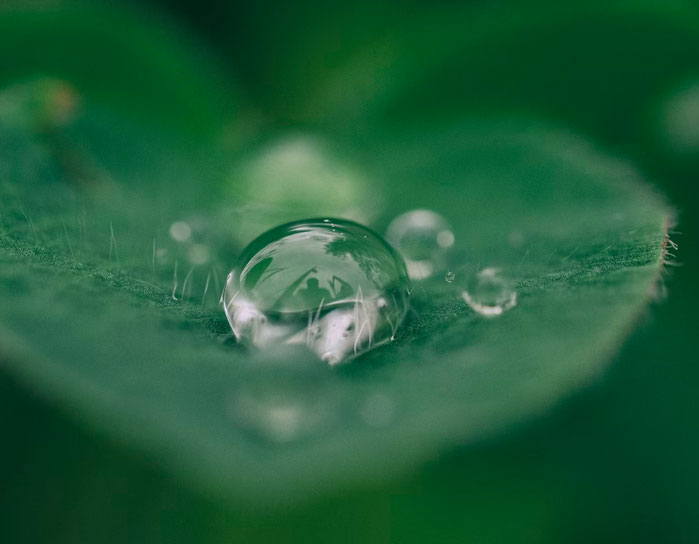
With the help of our plants, we recover the valuable resource of water – but also numerous reusable materials, which we extract from residual materials using innovative processes, thereby specifically introducing them into the natural material-recycling process. In this way, we want to make a contribution to maximum raw material efficiency and holistic recovery with each of our projects so that no value is lost.
Wastewater contains various impurities ranging from undissolved solids and fats and carbon compounds to drug residues and microplastics. The task of our plants is not to only the removal of these impurities from the water, but also the return or use of the contained recyclable materials.
are separated from the wastewater using their different physical properties (sieving/screening/settling), cleaned and then disposed of.
are separated and collected. Digestion processes produce methane gas, which is used to generate heat and electricity.
serve as a nutrient in biological treatment: microorganisms use them to build up their own biomass. In the form of sludge, this mass is used for the production of methane gas and when dried, it is an energy-rich fuel.
is an important constituent for the growth of plants. However, in the high concentration that prevails in the wastewater, it leads, among other things, to eutrophication of water bodies, to the detriment of aquatic organisms. For this reason, we remove nitrogen compounds from the wastewater, and – with our second research project on microbial fuel cells – are laying the foundation for the recovery of ammonium, which is contained in fertilisers, for example.
is as important to plants as nitrogen. However, its recovery is more difficult because phosphorus is bound in the biomass of the microorganisms and therefore discharged together with the sludge. For this reason, we enrich the phosphorus content in the incineration ash in sewage sludge mono-incineration plants so that it can then be recovered as a valuable material via a treatment process.
the most valuable component, is purified during the treatment process and can then either be returned to its natural cycle, used directly as process water or indirectly introduced into drinking water treatment.
Our holistic concepts largely recover the energy potential contained in wastewater. This is how disposal becomes supply.
Fabian Lappé, WTE Wassertechnik GmbH, Head of Business Division Technology / Design
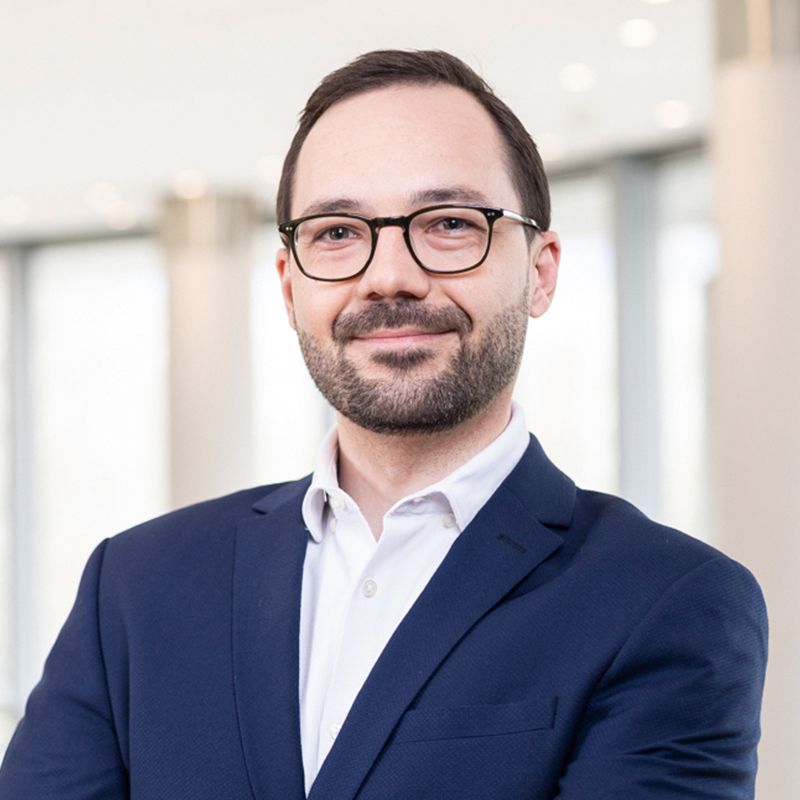
The WTE Group is actively committed to climate protection. To this end, we are designing our future plants so that they can generate energy themselves and use it directly. In this way, we can conserve natural resources, meet the requirements for climate protection in the best possible way and further reduce energy costs within the plants.
Climate protection includes various measures that we take into account in the planning and implementation of our plants:
Saving energy
Avoiding the use of fossil fuels
Minimising CO2 emissions
Recovering energy
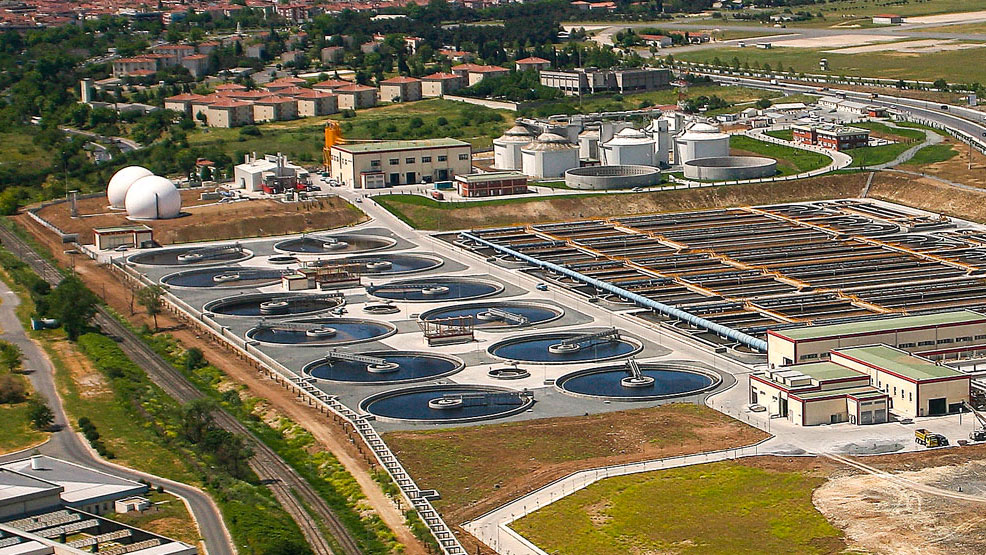
Wastewater treatment Ataköy, Turkey
View reference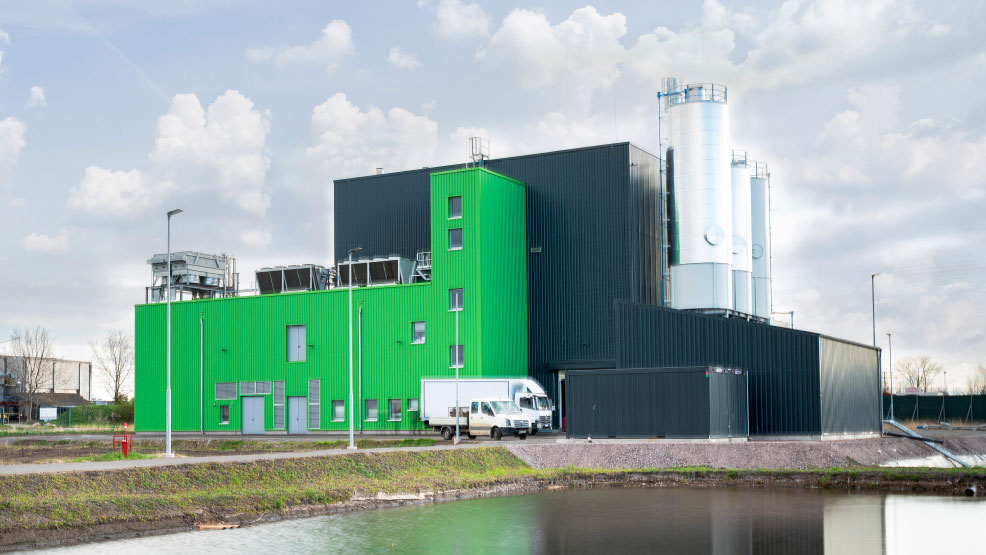
Sewage sludge mono-incineration Halle-Lochau/Germany
View reference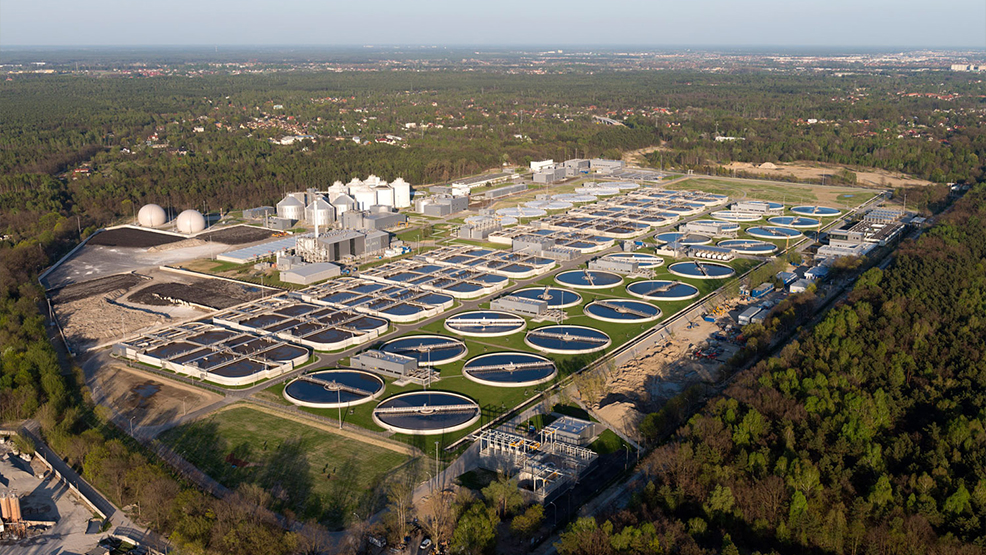
Czajka Wastewater Treatment, Warsaw, Poland
View referenceIn the planning phase of our plants, we take climate-friendly implementation and corresponding long-term use into account. Through the use of CHP plants and technologies for the use of renewable energies, including photovoltaic systems, as well as the selection of energy-efficient aggregates, the external electricity demand can be drastically reduced to keep energy consumption and costs low during later operation of the plants.
In addition, we involve construction and electrical engineering experts from the country in which the project is being implemented in the construction of plants. In this way, we keep the logistical effort as low as possible and thus save CO2 emissions.
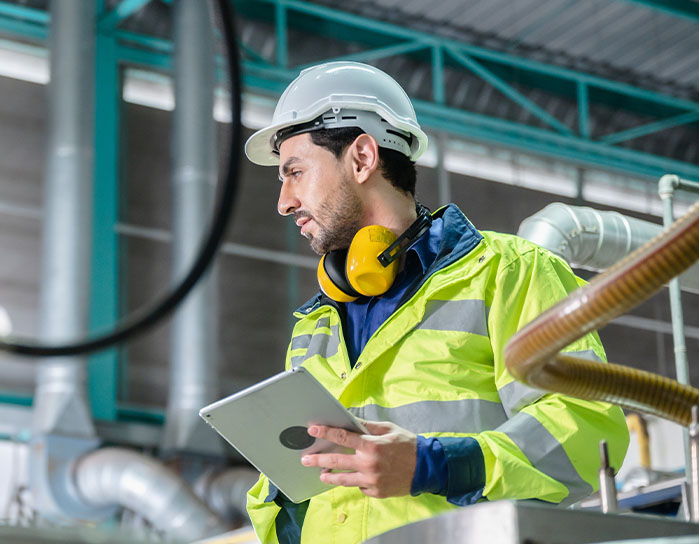

We are constantly pushing ahead with the expansion of plants for the production of renewable energy. In this way, we make the energy sources of the entire process chain usable during the construction of our plants – for energy-self-sufficient, environmentally friendly operation. In the case of water technology plants, this not only includes the use of photovoltaics, but also the production and use of biogas. This is produced in the digestion process of the sludge treatment and is used to generate electricity and heat. Both forms of energy can be used directly in the plant to increase the degree of self-sufficiency and thus reduce dependence on fossil fuels. In the case of sewage sludge mono-incineration plants, the waste heat generated in the process is used for internal consumers and can also be used for district heating and/or to supply electrical energy, which can also be fed into the public grid. In this way, the WTE Group makes an important contribution to conserving resources and avoiding fossil fuels.
Download
WTE Sustainability Report 2022Phone: +49 201 8968 500
Email: sustainability@wte.de